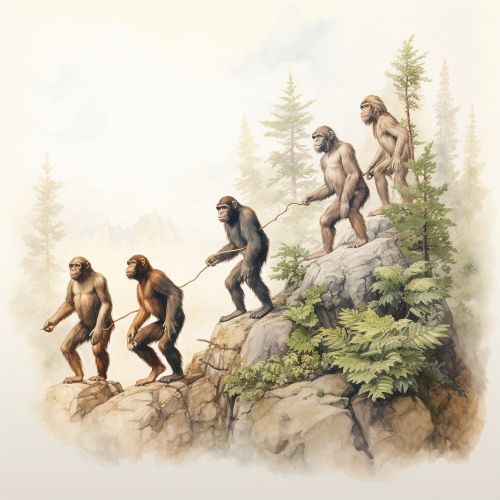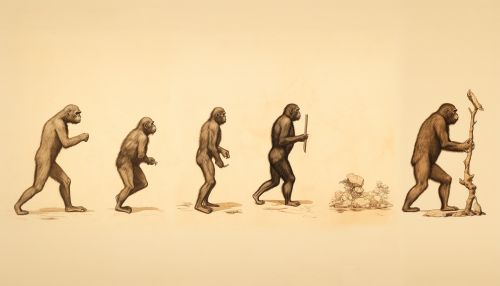Evolutionary biology
Introduction
Evolutionary biology is the subfield of biology that studies the evolutionary processes that produced the diversity of life on Earth. These processes include natural selection, common descent, and speciation. The discipline emerged through what Julian Huxley termed the modern synthesis in the 1930s and 1940s, which was a fusion of ideas from several biological specialties that led to a coherent theory of evolution.
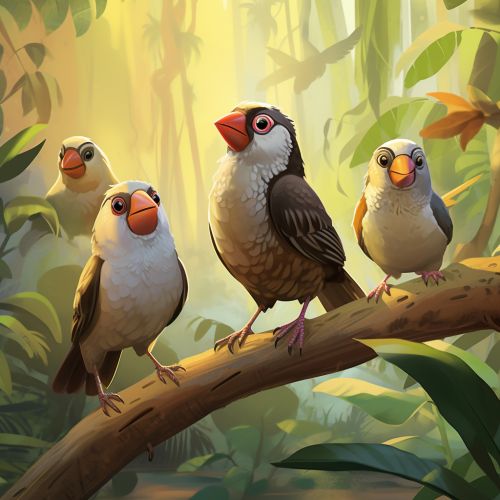
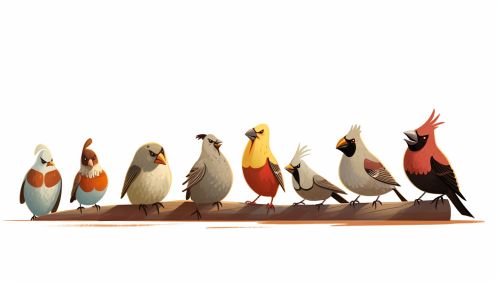
Historical Background
The idea of biological evolution has existed since ancient times, but the modern theory wasn't established until the 18th and 19th centuries, with scientists such as Jean-Baptiste Lamarck and Charles Darwin contributing key concepts and evidence. Darwin's seminal work, "On the Origin of Species", published in 1859, presented compelling evidence for evolution and proposed a viable theory for how evolution occurs - through a process he called natural selection.
Natural Selection
Natural selection is the process where organisms better adapted to their environment tend to survive and produce more offspring. This concept was central to Charles Darwin's evolution theory and represents one of the main causes of evolutionary change. The term "natural selection" was popularized by Darwin who intended it to be compared with artificial selection, now more commonly referred to as selective breeding.
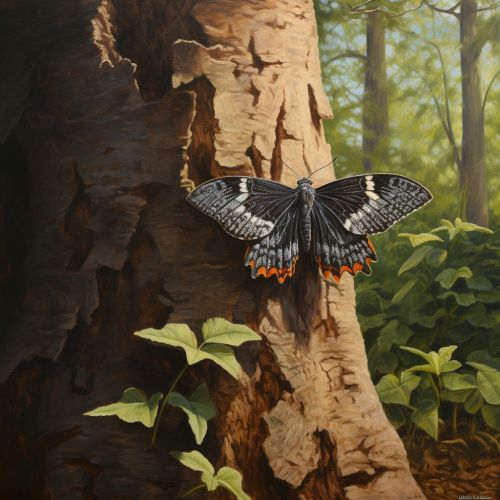
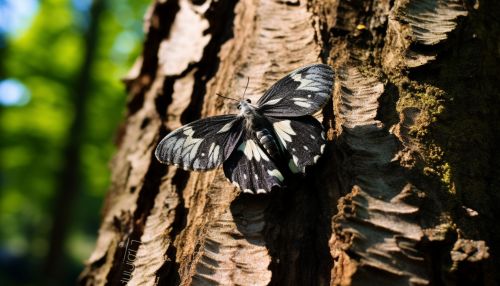
Genetic Drift
Another key mechanism of evolution is genetic drift, which is the change in the frequency of an existing gene variant in a population due to random sampling of organisms. Genetic drift, along with natural selection, mutation, and migration, are the basic mechanisms that drive evolutionary change.
Mutation
Mutation is the change in the DNA sequence of a cell's genome and is another crucial driver of evolution. When mutations occur, they can either have no effect, alter the product of a gene, or prevent the gene from functioning. Mutations can be caused by errors during DNA replication or other types of damage to DNA, which then may undergo error-prone repair or cause an error during other forms of repair.
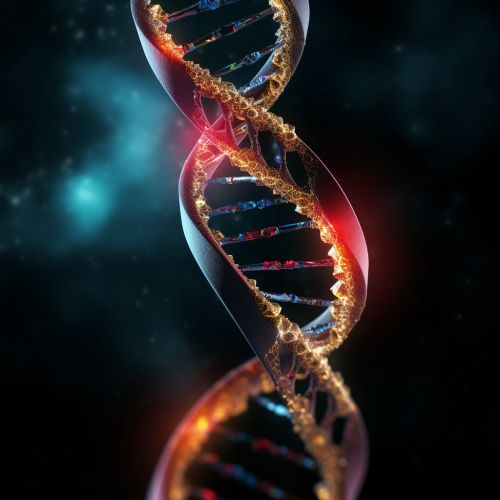
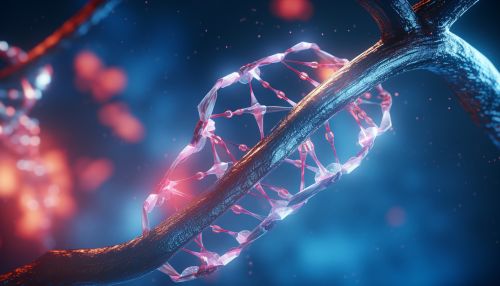
Speciation
Speciation is the evolutionary process by which populations evolve to become distinct species. This is primarily a function of isolation and genetic divergence where different pressures of natural selection and genetic drift create variations in the genetic makeup of different populations.
Evolutionary Developmental Biology
Evolutionary developmental biology, also known as "evo-devo," is a field of biology that compares the developmental processes of different organisms to determine the ancestral relationship between them, and to discover how developmental processes evolved. It addresses the origin and evolution of embryonic development and how modifications of development and developmental processes lead to the production of novel features.
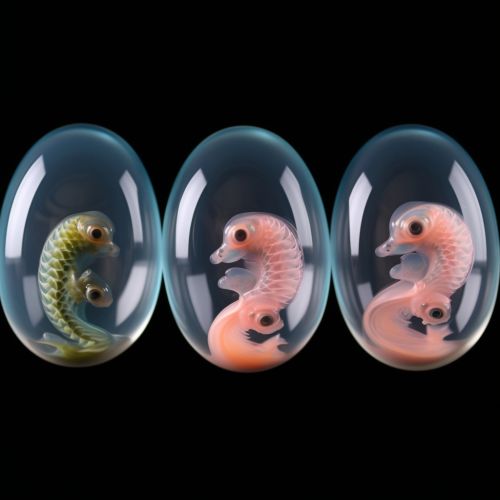
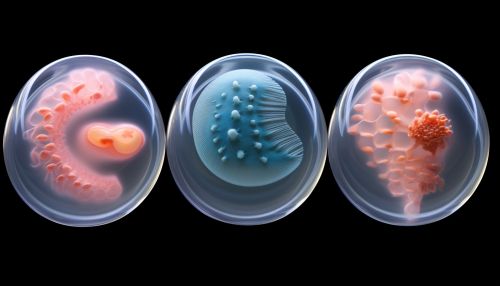
Human Evolution
Human evolution is the evolutionary process that led to the emergence of anatomically modern humans. This process involves the development of the genus Homo, but also includes the evolution of our hominin ancestors, including the Australopithecines.
